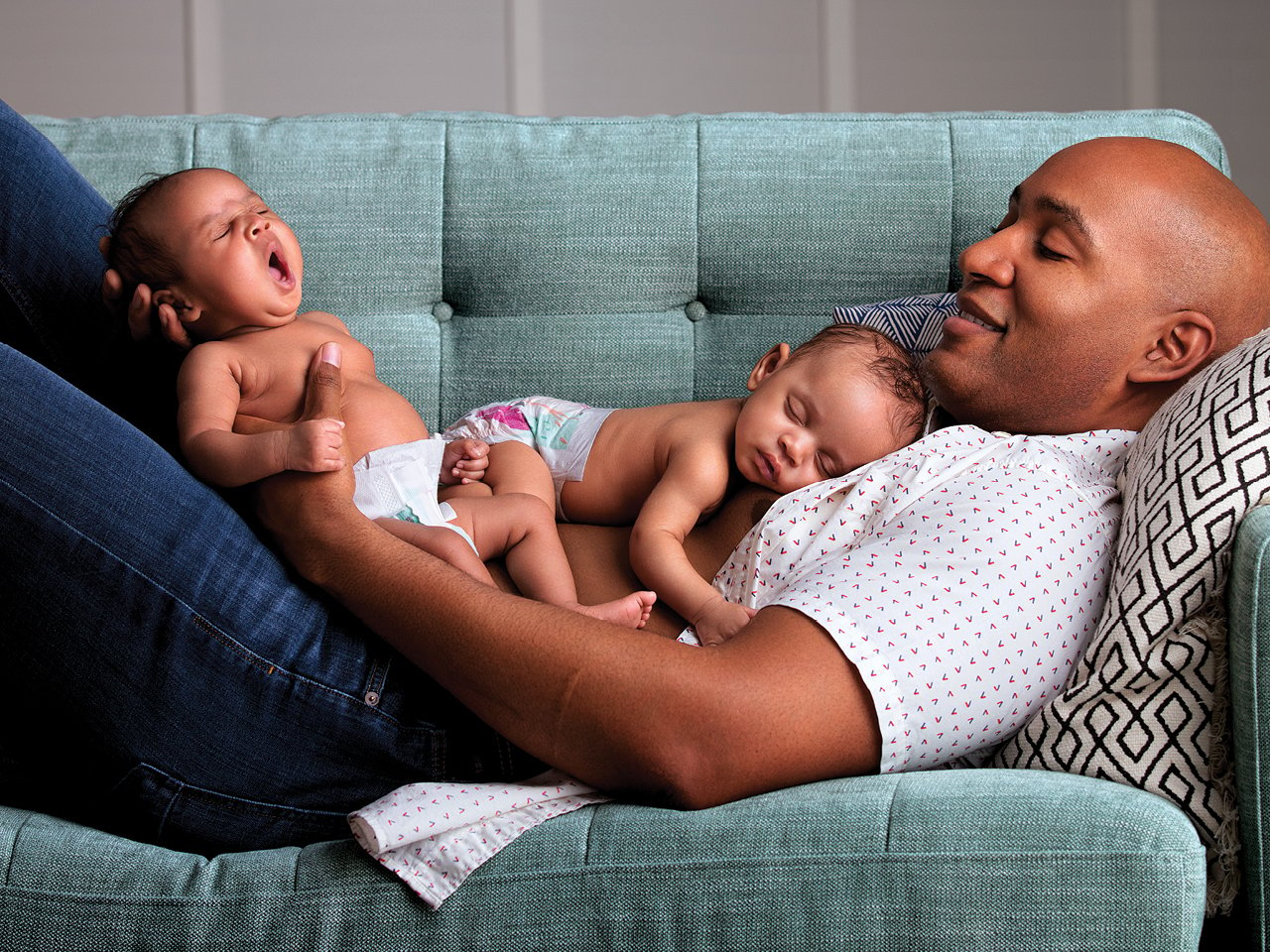It’s normal for children and young people to feel worried about what is happening at school like exams or meeting new friends or joining a new school. However, in some cases, school can become challenging, stressful, or distressing over a much longer period of time.
If your child is feeling anxious about school, or not able to go, it can be exhausting for both of you. Mornings can be really stressful for the whole family, as you try to juggle your child’s feelings alongside the need to get them to school and get on with your other responsibilities such as work. Even if you manage to get your child to the school gate, you might know how difficult they’re going to find the day – or know that you’ll be facing the same problem tomorrow morning.
If you’re in this situation, we’ve got advice to help you explore what’s going on with your child, make changes at school that can help, and find the support you need if your child can’t go to school.
About the term ‘school refusal’
When anxiety builds up to the point that children or young people cannot go to school, this is often called ‘school refusal’. However, many young people and parents do not like this term because it implies that ‘refusing’ school is a choice. You may prefer to use terms such as emotionally based school avoidance (ESBA) or anxiety-related absence.
What makes children and young people feel anxious about school?
· Being worried about making friends or fitting in,
· Finding schoolwork confusing or difficult to understand
· Feeling pressured to learn in a certain way
· Finding their relationships with teachers difficult.
· Going through difficult experiences outside of school such as domestic violence, separation, divorce, bereavement, substance use by a family member or parent, illness in the family, being a young carer or bereavement.
· Unaddressed mental health challenges.
· Special Educational Needs (SEN) such as autism, ADHD, dyslexia, or dyspraxia. This can make the school environment anxiety-provoking and exhausting, especially if their condition or need is undiagnosed or not being well supported.
Children and young people might show that they’re feeling anxious about school by:
- Not wanting to get up and get ready for school
- Saying they can’t go to school
- Worrying a lot about small issues, such as having the right equipment for a lesson
- Feeling sick, or having stomach aches or headaches
- Not sleeping well
- Not doing schoolwork,
- A drop in school performance/grades
- Being angry or upset, or acting out – at school or at home
- Withdrawal and isolation. Seeming quiet, depressed, and low
